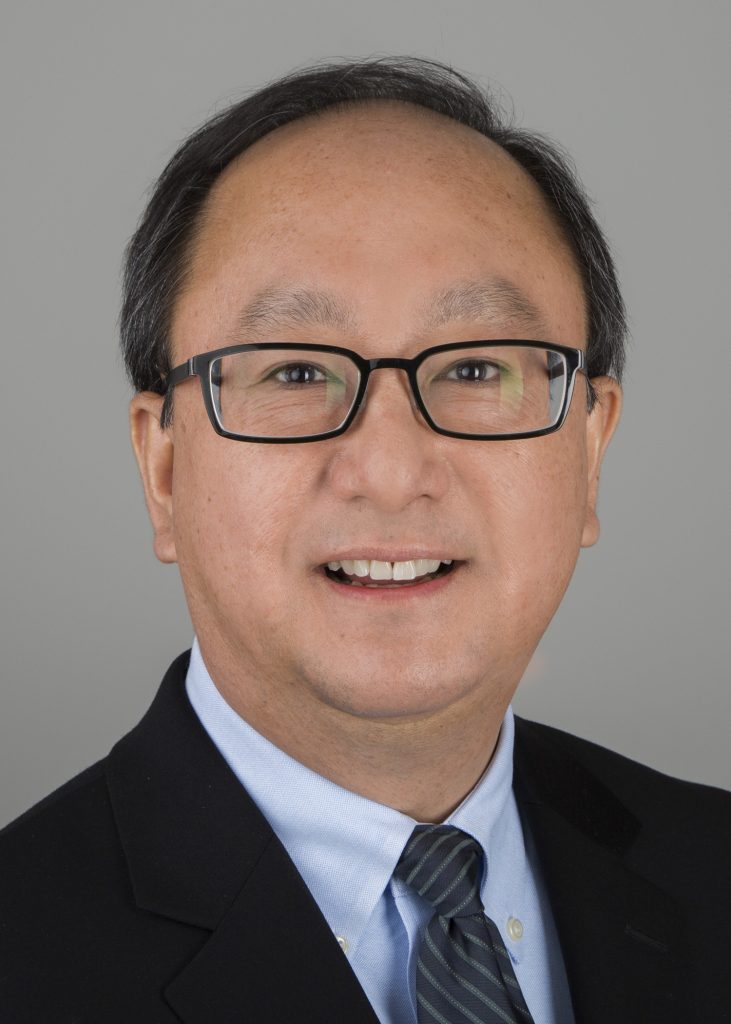
I am an endocrinologist. More specifically, I am an academic clinician with a long-standing interest in education. I am currently the endocrinology fellowship program director for the combined Beth Israel Deaconess Medical Center-Joslin Center program in Boston. My path to endocrinology was not direct but, in retrospect, there had been a thread winding through my life leading me to choose endocrinology as a career.
My interest in medicine and the sciences came early, growing up in New York State’s Mid-Hudson River Valley, the eldest son of a private practice anesthesiologist and a pharmacist. My father always thought I would become a surgeon. I thought that option was a reasonable one at the time.
My first exposure to endocrinology occurred during my sophomore year at Johns Hopkins when I learned about glycolysis in a now ancient copy of Lehninger’s Principles of Biochemistry. It was painstaking memorization out of books, not watching the rap videos or Khan’s Academy type videos available today. It was less learning the story of glucose utilization and more figuring out how jigsaw puzzle pieces fit together while wearing a blindfold. Needless to say, it was painful and did not endear me to endocrinology. Soon after, learning the Kreb’s cycle scarred me for life.
In medical school at the University of Buffalo, I learned that surgery was not a good fit for my personality. I gravitated towards those mentors within internal medicine. I met patients with diabetes mellitus, suffering horrifying complications at ECMC and the Buffalo VA. Endocrinology, as a field, became more tangible and relevant to practice, as I decided on internal medicine. When my father was diagnosed with type 2 diabetes mellitus (as did his two brothers and sister), endocrinology became personally relevant.
Endocrinology is still a young field and advances in our understanding of endocrine genetics, biochemistry, physiology, and pathophysiology occur daily and impact on oncology, cardiology, neurology, and nephrology. Endocrinology is EVERYTHING in medicine.
I started my internal medicine training at Boston City Hospital in 1989, during the tail end of the AIDS epidemic. The very first patient I had admitted as a house officer was, in retrospect, an endocrinology case (although I would have classified hyponatremia as a nephrology problem then). I did not commit to endocrinology, however, until two years after I had graduated from the primary care track and had been doing locum tenens medicine in Sun City, Calif. Out of necessity, at the HMO practice, I had to read more and take more responsibility managing patients with endocrine problems: Graves’ disease and primary hyperparathyroidism. I gained confidence slowly. When I had to complete a work-up for an adrenal mass, using Scientific American Medicine and learned that the patient had hypercortisolism, I was hooked. I called my Boston City Hospital endocrine teachers to discuss my new love for endocrinology and then decided to return to Boston for an endocrinology fellowship.
At Boston University, I learned that endocrinology was incredibly broad and touched EVERYTHING. I learned about diabetes mellitus from Stuart Chipkin and Neil Ruderman. I learned about the adrenal from Jim Melby. I learned about bone and vitamin D from Michael Holick, Cliff Rosen, and Bob Levin. I learned about the thyroid from Isadore Rosenberg, Susana Ebner, and Irini Veronikis, as well as the entire faculty at BU. I learned about the importance of pathways like glycolysis, insulin signal transduction and yes, even the Kreb’s cycle.
Endocrinology is still a young field and advances in our understanding of endocrine genetics, biochemistry, physiology, and pathophysiology occur daily and impact on oncology, cardiology, neurology, and nephrology. Endocrinology is EVERYTHING in medicine. I continue to learn new things – things that can be applied to my daily clinical practice. Why do I continue to choose endocrinology? I think that Leonard da Vinci said it best, “Learning never exhausts the mind,” and in endocrinology, there is ALWAYS something useful to learn.

